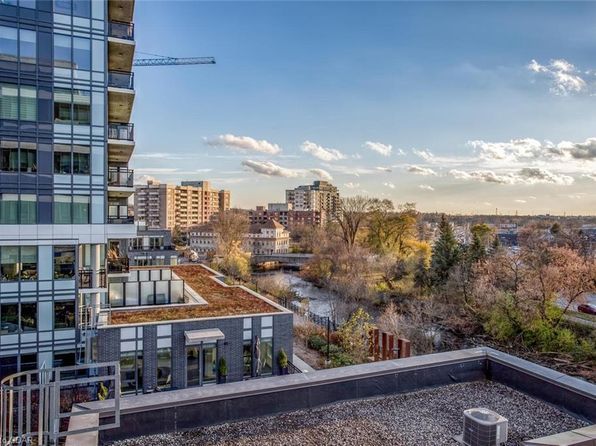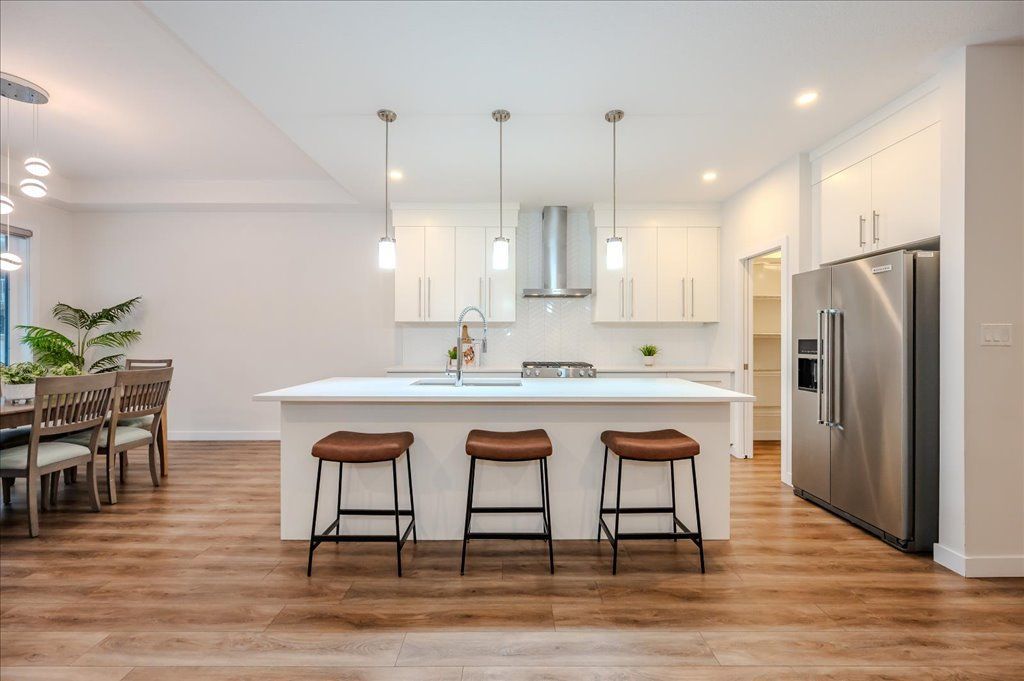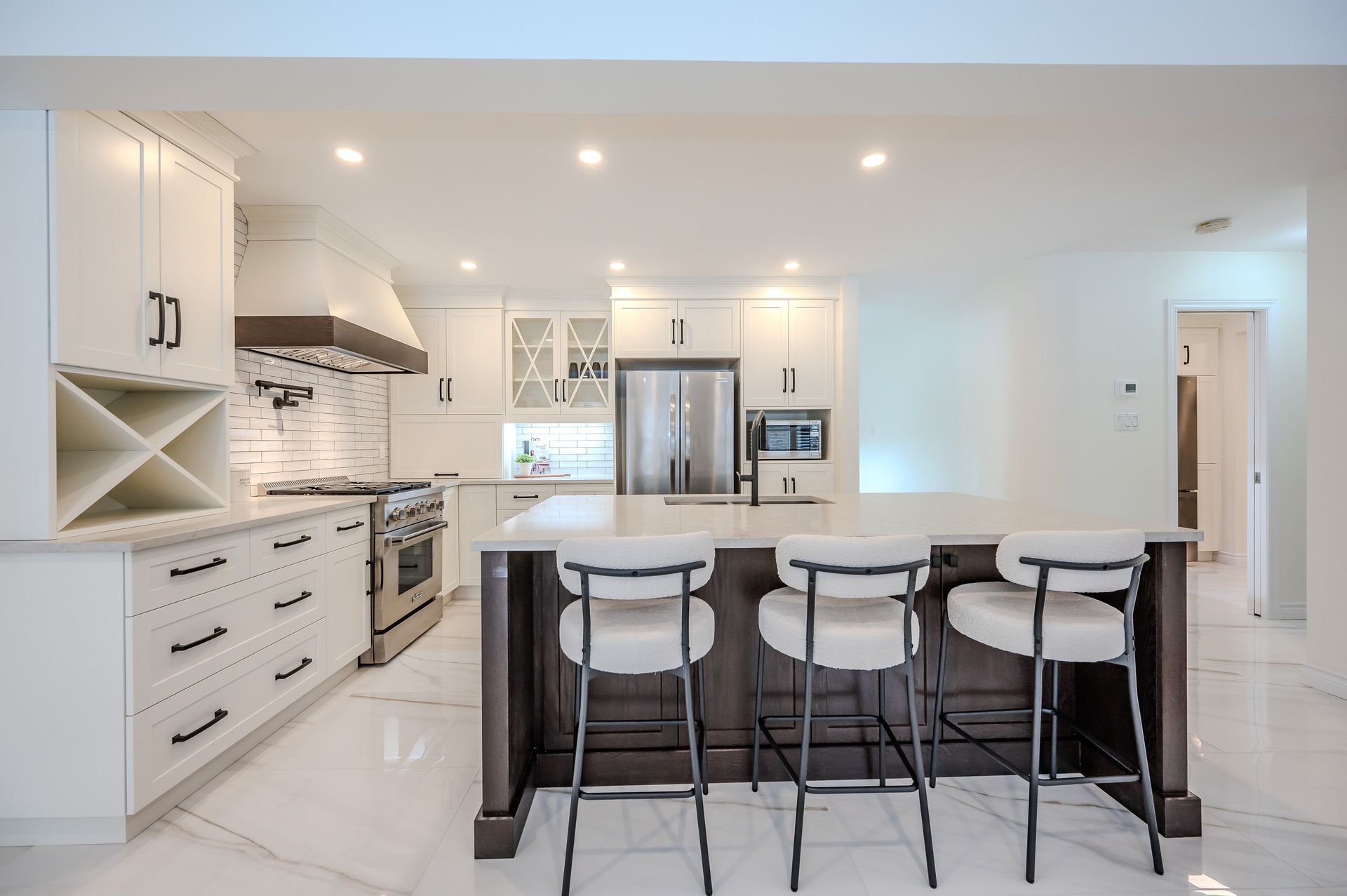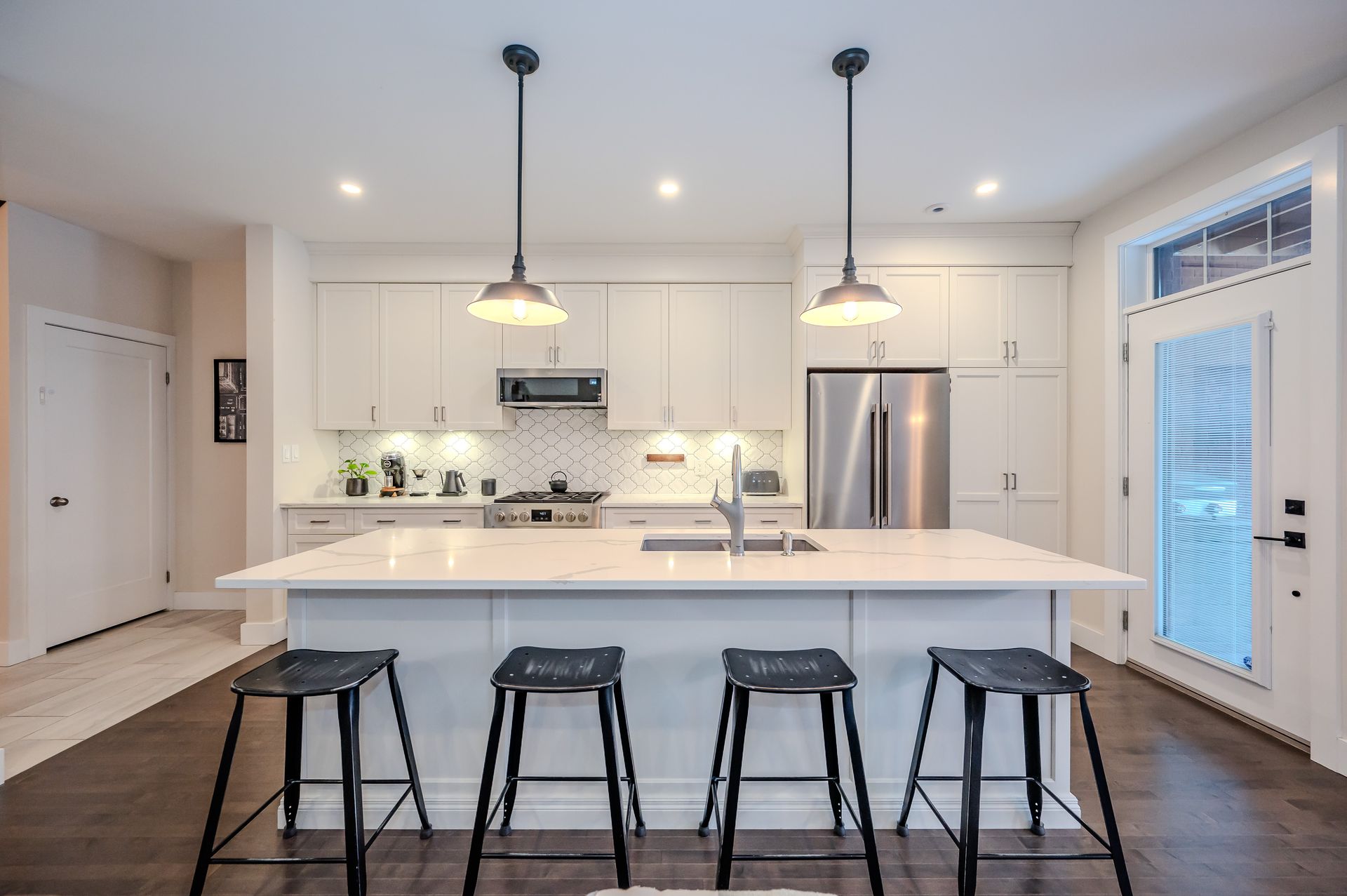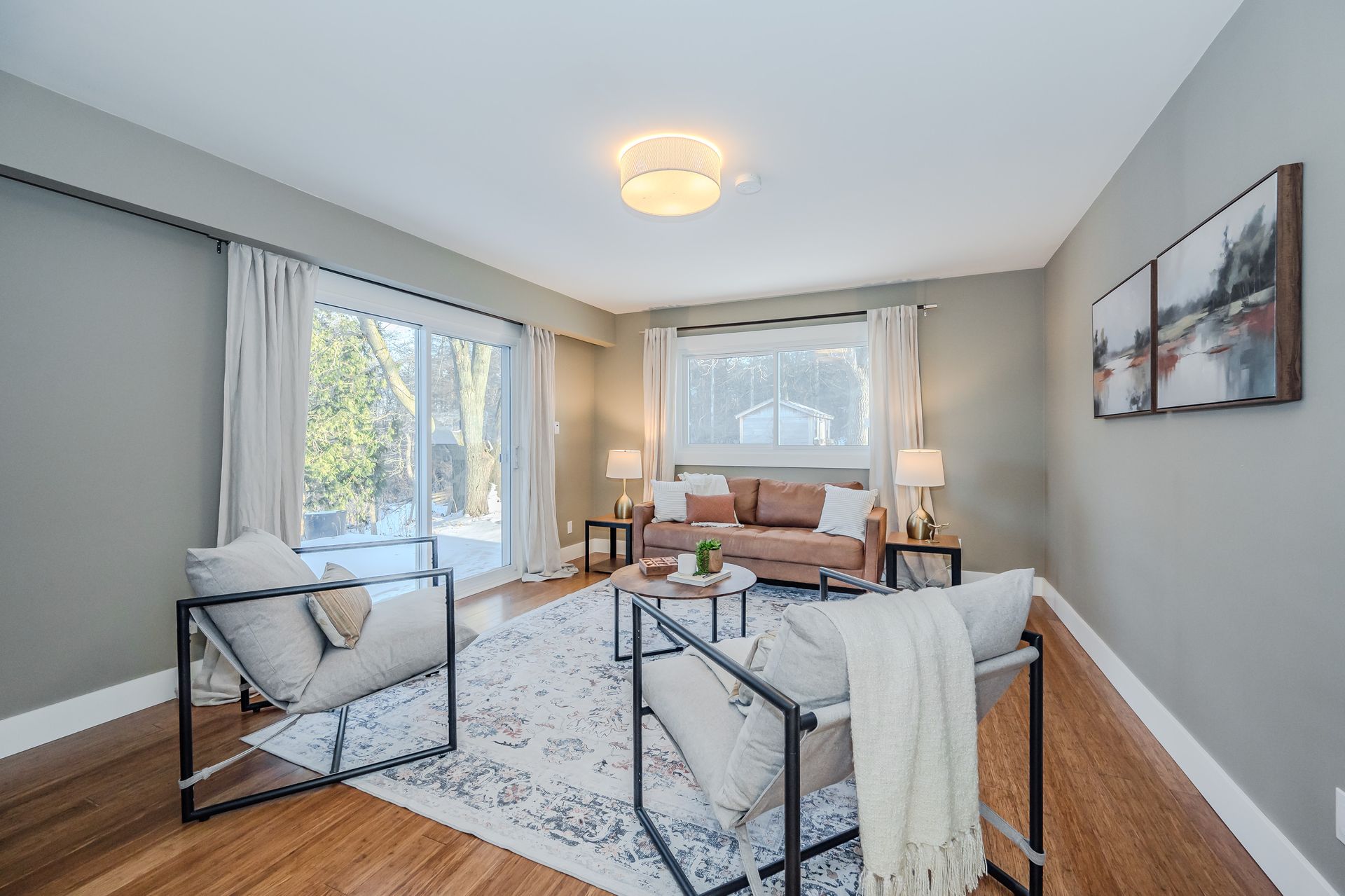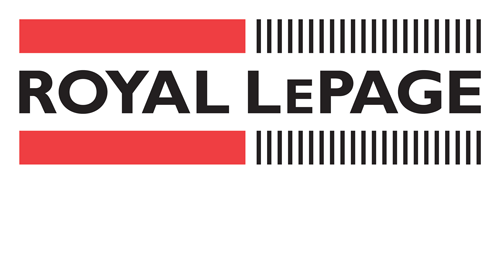Andra Arnold & Associates are a Top Rated, Award-Winning Guelph real estate team that has a passion for helping people. We truly live by our motto “Here to Help”. Our team brings quality expertise to our clients’ buying and selling experiences. The team's dedication, eagerness to help, and experience allow clients navigate one of life’s biggest decisions!
What to Consider When Buying Pre-Construction Homes
What to Consider When Buying Pre-Construction Homes
Buying pre-construction houses in Ontario can be an excellent route to homeownership for those who want input into the design process or simply want to be the first owners of a property.
The pre-construction market can offer a dynamic purchasing process at current prices rather than future values when the home is complete, but it also includes more risks as conditions change and projects may face delays.
Essentially, this market doesn’t play by the same rules as the traditional real estate market, which focuses on completed properties. If you’re considering going this route, you must consider all of the unique factors involved in the pre-construction market before proceeding.
So, keep reading to learn everything you need to know about buying pre-construction homes.
Navigating the Pre-Construction Market
Many potential homebuyers consider the pre-construction market with minimal understanding of the complexities and nuances compared to the traditional home-buying process. Learning how to find pre-construction homes is a much different process than a typical home.
The process involves considering architectural plans and project feasibility without considering a physical building. Buyers must also evaluate the developer’s credibility, neighborhood potential, and overall market trends.
Market Dynamics & Pricing
When venturing into the world of pre-construction homes in Ontario, it's crucial to understand the market dynamics and pricing strategies that can significantly influence your investment. Unlike conventional home purchases, pre-construction homes are often bought at today's market prices, which can present unique financial opportunities and risks.
Understanding Market Trends
Keep a close eye on the real estate market trends in Ontario. Utilize resources like the Canadian Real Estate Association’s reports or local market analyses to get a sense of how prices are moving in the area you're interested in. This understanding can help you anticipate whether the value of your home is likely to increase by the time it's built.
Strategic Timing
Timing your purchase can be as important as the purchase itself. Historically, buying during the early phase of development can be beneficial, as prices may rise as more units are sold and the project nears completion. However, this requires a careful balancing act – buying too early might mean less certainty about the project's completion, while buying too late could mean higher prices.
Long-Term Perspective
If you're planning to live in the home, a long-term perspective is key. Short-term market fluctuations are less concerning if you're planning to hold onto the property for a long time. However, if you're buying as an investment, a thorough risk assessment and a strategy for dealing with potential market downturns are essential.
Additionally, it’s crucial to understand the different financial commitments when navigating the pre-construction market. You may have staggered payments, different deposit sizes, and specific construction timelines. Managing all these differences is a challenge, and that is why pre-construction isn’t usually recommended for
first-time buyers.
Professional Guidance
Consider consulting with a real estate financial advisor who specializes in
pre-construction homes. They can provide tailored advice based on your financial situation and investment goals, and help you navigate the complexities of market dynamics and pricing in the Ontario pre-construction home market.
Finding Reliable Developers
It’s critical to take the time to identify reputable developers and builders in the Guelph region who have a track record of delivering quality homes on time.
Prospective buyers should conduct thorough due diligence on a developer prior to moving forward with the project. Evaluate past projects, feedback from previous customers, and verify the builder’s financial stability before moving forward. Additionally, review any past or current legal actions they may have faced.
You should also take the time to understand the developer’s approach to design, construction, material usage, and how these varying factors affect overall home quality. Equipped with all of this different information, you’ll be ready to make a confident decision.
Financing and Budgeting
Securing financing for pre-construction is a unique challenge compared to traditional mortgages, which typically do not apply until the property is nearing completion. Buyers often need to secure different financing options for interim payments and deposits.
Understanding all financial responsibilities throughout the project is critical, as preconstruction projects often require multiple payments throughout the process. On top of these challenges, budgeting can change as the project evolves, market conditions change, or upgrades are chosen. Keep in mind that other expenses will also be involved, like taxes and legal fees.
Project Delays
Deciding to buy a pre-construction house means you’re taking on an entire project rather than a completed property. Projects can be delayed for a number of reasons, such as funding issues, regulatory delays, or construction hurdles.
These setbacks aren’t unusual, but they can cause emotional and practical stress by affecting move-in timelines and financial planning. You need to accept the possibility of delays before you agree to buy a pre-construction home; otherwise, a completed home might be the better option.
Lack of Physical Space to View
Buying a completed home involves visiting the property, walking around in it, and hiring professional home inspectors so you can fully understand the property before making a purchase.
All of these are replaced by reviewing plans and renderings digitally without being able to walk into a building and imagine how you might live there. While relying on these methods isn’t necessarily bad, it can make it more challenging to make the right decision and gauge overall building quality before moving forward.
Market Fluctuations
A significant concern with pre-construction homes is the possibility of major market fluctuations between purchase and completion. Depending on how things change, the home value could already decrease by the time it’s finished.
Analyzing long-term market trends, overall economic forecasts, and regional development is helpful in understanding how things might change before construction is finished. However, it’s worth noting that this factor is less significant if you plan on moving in as a long-term home but more significant for investment properties.
Choosing the Right Location
Choosing the right location in the Guelph region to fit your lifestyle, work, and family needs is crucial, just like buying a completed property. However, your options will vary when considering pre-construction homes.
For example, if you’re looking for detached pre-construction homes, you’ll have fewer areas to evaluate compared to the traditional real estate market. Weigh all possible options and consider your own needs or investment criteria before proceeding.
Customization Limitations
Even though customization is one of the appeals of pre-construction homes, the amount of customization can vary between projects. Developers usually offer a range of options to choose from, such as different materials, layouts, or finishes. However, those looking for more unique personalization may be disappointed.
Before moving forward with your purchase, you should have a strong understanding of all customization options and any limitations. You might have to compromise on some areas, or you can keep looking for other homebuilders.
Understanding Legal Details in Pre-Construction
Buying a pre-construction home involves more intricate contracts compared to typical real estate deals. These agreements often contain specific points about how long the construction will take, payment plans, and exact details of what the finished property will include.
It's crucial for you as a buyer to thoroughly examine and grasp what these points mean, as well as any extra terms and conditions. Choosing a knowledgeable real estate agency can be a significant advantage. They can clarify the complexities of these special contracts for you and might even assist in negotiating terms that better suit your needs.
Finding a Trustworthy Real Estate Agent
Many real estate agents are only familiar with the traditional market, focusing on completed properties, which is perfectly fine for many home buyers. However, finding an agent with experience and knowledge specific to pre-construction sales can be challenging to help guide you through the entire process.
The right agent will be ready to provide valuable guidance to select the best projects and buildings while helping you understand pre-construction contracts' nuances. Ideally, you’ll find an agent with existing connections in the local market to help steer you toward reputable builders.
Look for an agent with a strong record, specifically in pre-construction sales. You can also ask for referrals if you know anyone who’s bought a pre-construction property.
Work With Andra Arnold for Expert Help Buying a Pre-Construction Home
Buying pre-construction houses can be an excellent choice for the right type of buyer, but it’s a much different market than choosing from completed homes. Correctly navigating the pre-construction market is crucial to having a great experience and ending up with the home of your dreams.
Working with a real estate agent with experience in the preconstruction market helps minimize the learning curve and ensures you choose the right developer.
Andra Arnold has years of experience with the Guelph real estate market, and we’re ready to help you find the perfect home, whether pre-construction or completed property. Ready to get started?
Contact us today to see how we can help you navigate this dynamic market.


